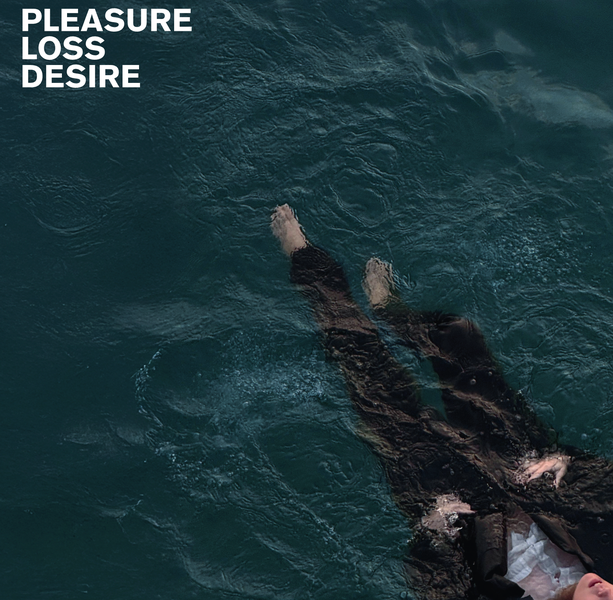Sweet memories
Break my heart
Listening close
to this Midnight sky
There’s a gravity to Dyve, the second single from Pleasure Loss Desire, that feels elemental; like the weight of surrender when it’s too late to surface. With this single, Italy’s Talk To Her conjure a vertigo of devotion and dissolution, collapsing desire and despair into one continuous exhale. Every pulse feels submerged, every chord a pressure point, every lyric an inhalation before drowning.
The song’s architecture feels deliberate yet unstable, balancing its precision against emotional risk. The verses move with quiet restraint, a kind of fatal calm before the collapse. The voice feels suspended: neither plea nor confession, but a fragile admission of dependency. Then comes the rupture; a surge of distorted guitars that tear through the stillness, collapsing tenderness into release. The rhythm section, taut and human, carries the sensation of surrender, an undertow that refuses rescue. Within its few minutes, Dyve contains a descent disguised as devotion.
There’s something distinctly corporeal about the song’s tension. Pleasure and pain are entwined, not as opposites but as co-conspirators. The act of diving becomes an erotic annihilation of the spiritual and corporeal. Dyve presents love as contagion, as fever, as the dissolution of the self into the beloved. This isn’t romanticism in the nostalgic sense; it’s closer to the cruel ecstasy of Bataille or the drowning transcendence of Sontag’s idea of the “erotics of art.” To feel deeply is to risk dissolution, to court the sublime through loss of control.
The accompanying video, directed by Daniele Bagolin and shot by Damiano Affinito, amplifies this sensibility. A woman drifts, weightless, in a darkened body of water as the band performs in what feels like an unseen current. The image is both baptismal and terminal: a ritual of release, an act of forgetting. The interplay between breath and submersion mirrors the song’s structure: those oscillations between restraint and eruption, intimacy and erasure. It’s a striking visual analogue to the song’s emotional mechanics, echoing the early 2000s fervor of bands like The Horrors, Editors, Muse, and Franz Ferdninand, who fused art-rock with bodily confession, yet strips off any irony or pretense.
Watch below:
Across Pleasure Loss Desire, Talk To Her seem less interested in narrative than sensation—the physical impact of emotion, the ache of detachment, the ecstasy of surrender. Dyve stands as their most potent invocation yet: a plunge into the abyss where the self is lost, but truth, fleetingly, is found.
Listen to Dyve below and pre-order Pleasure Loss Desire, out 30 October through Icy Cold Records, here.
Follow Talk To Her:
















 Or via:
Or via: